Back-to-back meetings for President at COP27

Nduduzo Tshuma in Sharm-El Sheikh, Egypt
PRESIDENT Mnangagwa today joins fellow world leaders in the two-day Sharm El-Sheikh Climate Implementation Summit, the first part of the high-level segment for Heads of State and Government, here at the UN Climate Change Conference (COP27).
The high-level gathering seeks to jointly enhance and accelerate the implementation of climate action and follow up on collective global commitments and pledges to ease harmful emissions. In the two days, the Heads of States will make five-minute presentations stating their respective countries’ concerns and proposals over climate change.

climate change
President Mnangagwa arrived here yesterday and was welcomed at the Sharm El Sheikh International Airport by Zimbabwean Ambassador to Egypt, Air Marshall (Retired) Sheba Shumbayaonda, Environment, Climate, Tourism and Hospitality Industry Minister Nqobizitha Mangaliso Ndlovu and senior UN and Egyptian officials.
On the sidelines of the summit, the President will attend a high-level meeting on climate change adaptation funding today at the invitation of his Botswana counterpart President Masisi.
Tomorrow, the President will attend another high-level meeting on powering the Southern Africa power tool with renewables where he was invited by his Tanzanian counterpart President Samia Suluhu Hassan. On the same day, the President will address the implementation summit.
He is accompanied by Foreign Affairs and International Trade Minister, Dr Frederick Shava, Finance and Economic Development Minister, Professor Mthuli Ncube, and the Minister of Higher and Tertiary Education, Innovation, Science and Technology Development, Professor Amon Murwira, among other senior Government officials.
Discussions at COP27 begin near the end of a year that has seen devastating floods, unprecedented heat waves, severe droughts and formidable storms, all unequivocal signs of the unfolding climate emergency. At the same time, millions of people throughout the world are confronting the impacts of simultaneous crises in energy, food, water and cost of living, aggravated by severe geopolitical conflicts and tensions.
In this adverse context, some western countries have begun to stall or reverse climate policies and doubled down on fossil fuel use.

Minister Professor Mthuli Ncube
During COP26 in Glasgow, Scotland last year, developed countries pledged US$100 billion to facilitate a transition from fossil fuels to renewable energies to mitigate the effects of climate change.
However, developed countries are yet to meet the pledge with experts arguing that discussions on the release of the US$100 billion fund will determine the success of COP27.
The conference is also taking place against the backdrop of inadequate ambition to curb greenhouse gas emissions, which, according to the UN’s Intergovernmental Panel on Climate Change, need to be cut by 45 percent by 2030, compared to 2010 levels to meet the central Paris Agreement goal of limiting temperature rise to 1.5 degrees Celsius by the end of this century.
The UN has said that this is crucial to avoid the worst impacts of climate change, including more frequent and severe droughts, heat waves and rainfall.
Back home and writing in his weekly column in the Sunday News and Sunday Mail, President Mnangagwa said since COP26, the global warming crisis has worsened, putting the whole planet and its species in great, apocalyptic danger.
“There is, thus, great urgency on this one matter if humanity, its civilisation and its habitat — the Earth — are to be saved. Zimbabwe, thus, cannot be indifferent to this existential threat, or to any forum meant to avert it,” said the President.
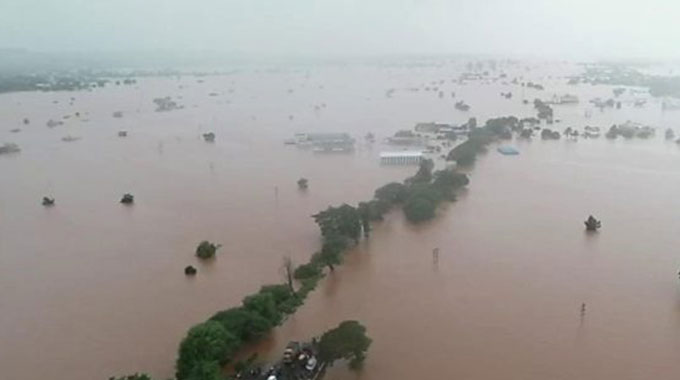
“For the first time, the Conference of Parties is being held on our continent. COP27 is, thus, a continental concern and opportunity.”
Being held in Africa for the first time, President Mnangagwa said COP27 must be a turning point for Zimbabwe and Africa and the rest of humanity and must evolve solutions, which are tempered with the pursuit of global equity and justice.
The President said COP27 underscores Zimbabwe and Africa’s dual status as a victim and a solution to this global problem at hand.
“Alongside many countries on our continent, Zimbabwe has been experiencing unsettling shifts in climate, which threaten every facet of our lives and livelihoods. We are an agricultural country, meaning we are most at risk in this catastrophe which has no frontline globally,” he said.
“The cyclone we suffered in 2019 was a consequence of a broken global climate; it cost us heavily by way of broken infrastructure, several hundreds of lives that were lost and displaced, and by way of destroyed livelihoods running into billions of dollars. We were largely left alone to grieve and bear the burden of repairing our lives.”
President Mnangagwa noted how all countries were taking a knock from climate change in diverse ways, amid predictions of more such disasters of global proportions in the future.
He said while Zimbabwe, alongside other African countries, have very low emissions, well below a single percentage point, highly carbonised civilisation from Western countries has escalated the challenge, which emphasises the need for harmonised global approach.
“Either way, we suffer, which is why our approach to the current climate crisis must be nuanced enough to balance climate safeguards, which we all require, against Africa’s industrialisation which she needs,” he said.
“Our country and continent must industrialise, modernise, grow, develop and catch up with the rest of the world.
“We go to Sharm El-Sheikh to press for our right, singly and collectively, to sustainable industrial development.” The President said Zimbabwe and Africa’s low-level industrialisation makes the continent a solution base as it still enjoys a fair measure of ecological balance and sustainability. We have become one of the few remaining carbon sinks for a world whose ecosystem is stretched to near breaking point. To that extent, we must be recognised and rewarded as the last remaining solution to this one problem, which threatens to consume our species and our civilisation,” he said.

industrialisation-Image take from Shutterstock
“Our continent can and should chart a third industrialisation pathway, which saves our species, our civilisation and our planet.”
The President said COP27 must, and should reflect this fast-closing window, which humanity must take full advantage of, or face its worst.
He said the war in Eastern Europe is also making it harder to build global consensus on solutions to climate change and noted the resultant disruption of global supply chains and the energy crises as one of the negative consequences.

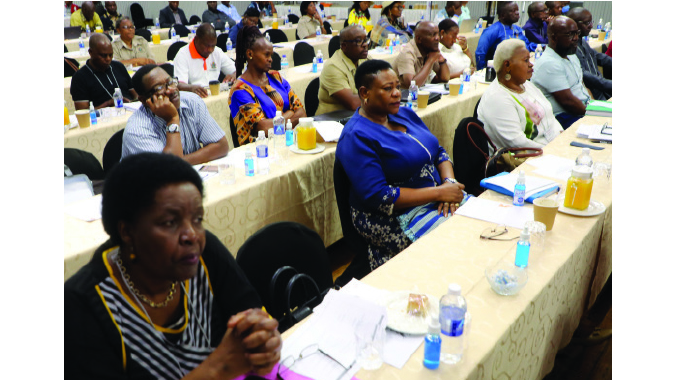
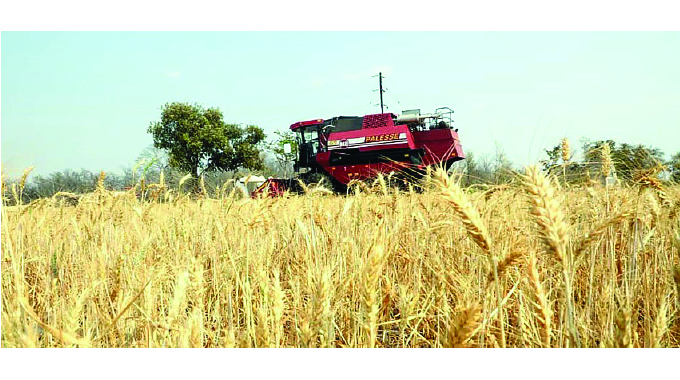
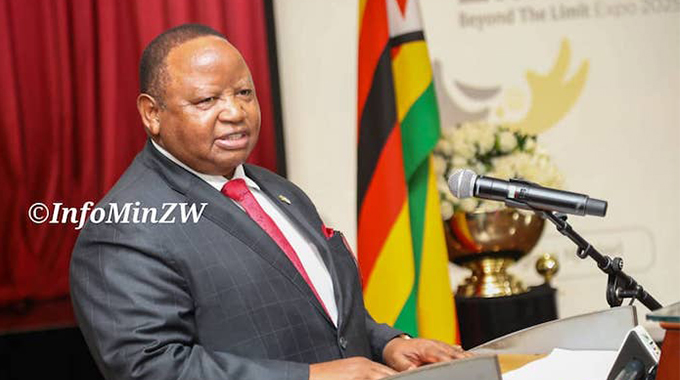
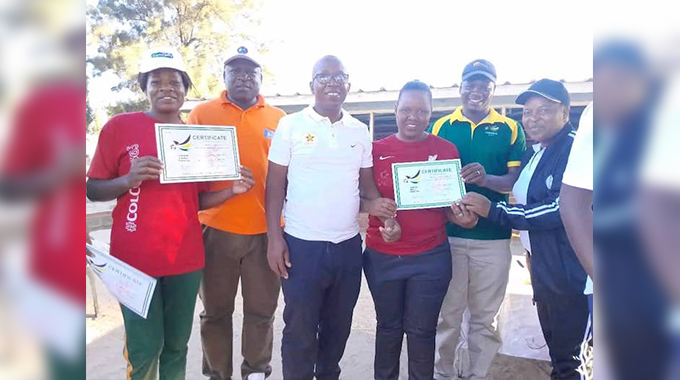







Comments